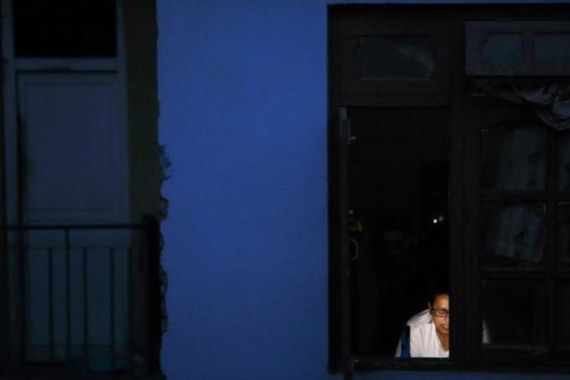India’s PM in Nepal for hydropower talks
Negotiators work to finalise deal on power trade as Modi continues efforts to improve ties with smaller neighbours.

Narendra Modi, the Indian prime minister, is visiting Nepal to help speed up negotiations on a power trade deal that is at the centre of a new effort to improve ties with its neighbour.
Sunday’s visit will be the first bilateral visit to Nepal by an Indian prime minister in 17 years, though Indian leaders have routinely attended regional summits in Kathmandu.
Since his election in May, Modi has sought to rally support among smaller countries in the region that have in recent years turned to China for quick implementation of energy and transport projects.
Negotiators were trying to narrow down differences over the power deal aimed at harnessing Nepal’s estimated 42,000MW hydroelectric potential to meet domestic needs and also supply India’s energy-starved economy.
Nepal’s politicians are at odds over the proposed energy pact.
Opponents say it would give Indian firms a stranglehold over Nepal’s energy resources and bar other countries, like China, from investment in the sector.
The Himalayan nation currently has an installed capacity of 600MW as its development has been held back by years of political instability.
‘Mutual trust missing’
Al Jazeera’s Subina Shrestha, reporting from Kathmandu, said India was perceived as profiting more than its share from joint infrastructure projects.
“What is missing is the mutual trust required by these countries to come up with a deal to buy and sell power,” she said.
During the two-day trip, Modi plans to meet politicians across the spectrum, including Maoists who accuse India of meddling in Nepal’s internal affairs.
RELATED: Can India’s Modi break the ice with Nepal?
In a statement made before his departure, Modi promised greater political engagement with Nepal.
“We will identify steps to strengthen our bilateral cooperation in key sectors, including trade and investment, hydropower, agriculture and agro-processing, environment,” he said.
In the run-up to Modi’s visit, Nepal’s government urged political groups to put aside their differences, saying it was a chance to rebuild the aid-dependent economy and revitalise ties with India.
“Modi is result-oriented and gives priority to economic prosperity. He wants to consolidate ties with Nepal,” Mahendra Bahadur Pandey, the Nepalese foreign minister, said.
Nepal is still struggling with the transition to a constitutional republic after the abolition of the monarchy in 2008.